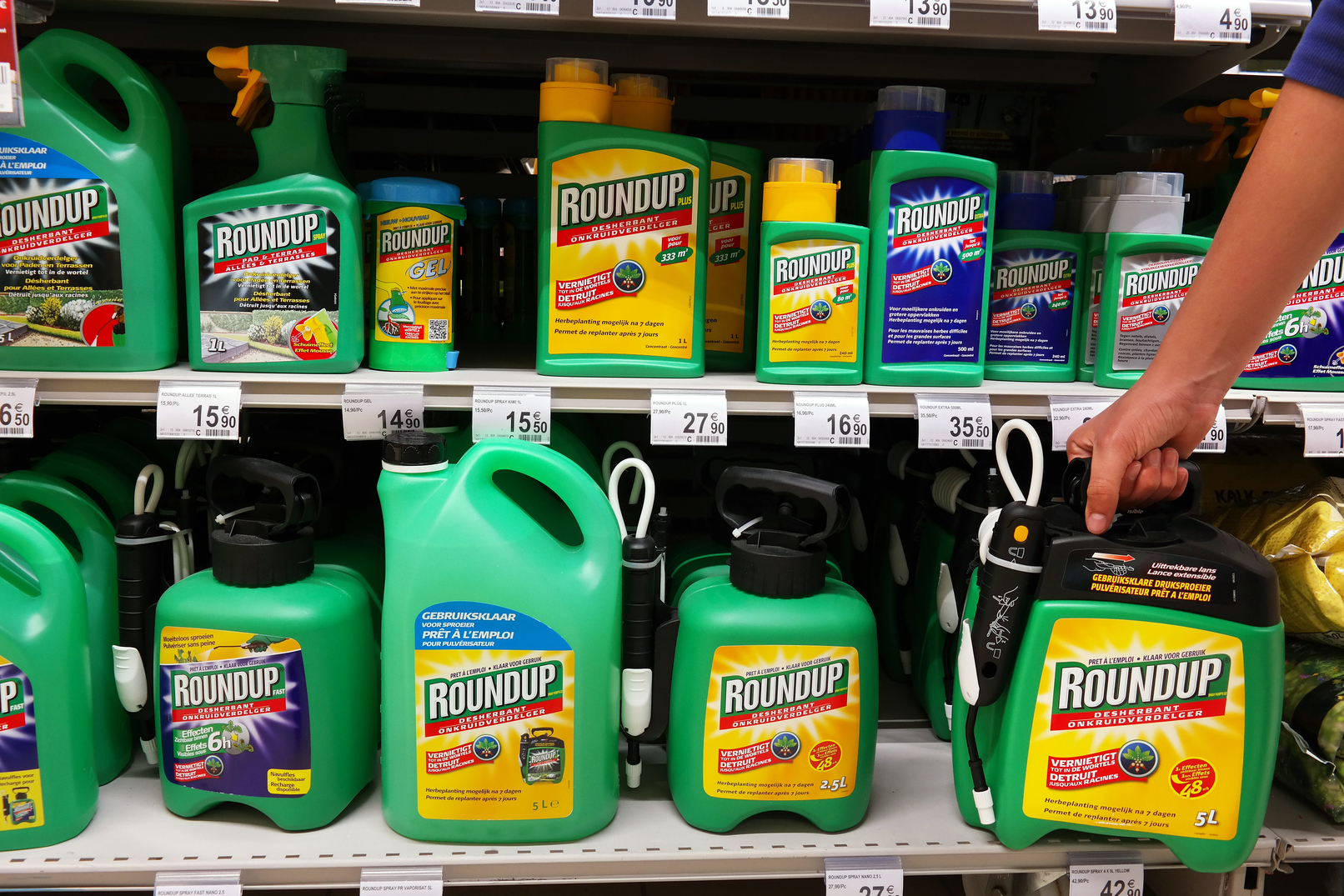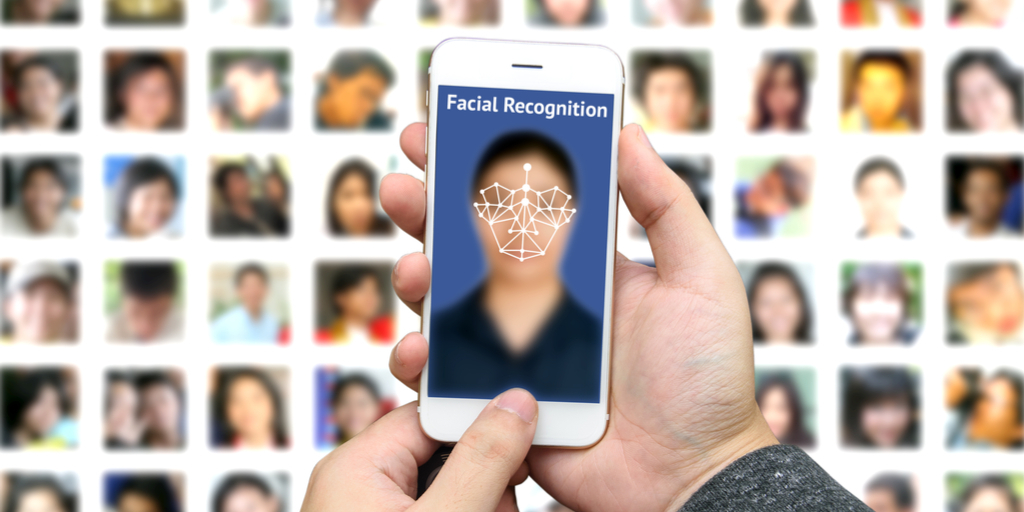Last week a San Francisco jury awarded former school groundskeeper Dewayne Lee Johnson more than $289 million in his lawsuit against agrochemical giant Monsanto for failing to warn consumers that exposure to Roundup weed killer causes cancer.
Articles Posted in Consumer Law
On Friday, June 29, 2018, California Attorney General Xavier Becerra brought suit in California Superior Court for the County of San Francisco against student loan servicer Navient Corp. and two of its subsidiaries, Pioneer and General Revenue Corp.
State politicians believe that the chemicals may harm the coral reefs and marine ecosystems in Hawaii, a critical part of the state's economy. However, corporations and doctors have questioned the law's impact on consumer health.
Last Thursday California Governor Jerry Brown signed into law the California Consumer Privacy Act of 2018 (CCPA), granting California consumers the right to request that businesses disclose the categories and specific pieces of personal information that they collect about the consumer, the categories of sources from which that information is collected, the business purposes for collecting or selling the information, and the categories of 3rd parties with which the information is shared. The law, which goes into effect January 1, 2020, also authorizes California consumers to opt out of the sale of personal information by a business and will prohibit the business from discriminating against the consumer for exercising this right, including by charging the consumer who opts out a different price or providing the consumer a different quality of goods or services, except if the difference is reasonably related to value provided by the consumer’s data. Moreover, the CCPA makes it more difficult for businesses to sell personal information for consumers less than 16 years of age.
The U.S. Supreme Court agreed to hear Apple Inc. v. Pepper, a case that has the potential to impact consumers and other companies, such as Amazon.
When Laura Murray was 10 years old, she received a small glass vial containing light-gray dust from an old friend of her father’s: Neil Armstrong. The vial was paired with a note that said “To Laura Ann Murray — Best of Luck — Neil Armstrong Apollo 11.” Laura, who’s now Laura Cicco, found the vial years later in her parents' home after they had passed away. The note has since been authenticated by a handwriting expert to belong to Neil Armstrong. Cicco filed the lawsuit against NASA to get ahead of any potential legal issues since the space agency has a history of confiscating suspected lunar material from citizens.
Square, which owns meal delivery service Caviar, has reached a $2.2 million settlement with customers in a class action lawsuit claiming that the company collected gratuities from them when they placed food orders but didn't share the money with delivery drivers. Patrons who used Caviar between January 2012 and August 2015 are included in the class.
The largest social media company in the world faces another legal battle. On Monday, April 16, 2018, US District Judge James Donato ruled in San Francisco federal court that a class action lawsuit could proceed with the allegation that Facebook illegally collected and stored its users biometric data without their permission.
California Attorney General Xavier Becerra has announced a high-profile lawsuit against Sutter Health for allegedly engaging in anticompetitive conduct that has driven up health care costs for patients and employers across the state. Sutter is one of the largest health care systems in California, and one study has shown that its hospital costs are 25% higher than other providers.
On Tuesday, March 20, 2018, Facebook Inc. was sued by its investors in San Francisco federal court over a claim that the social media company failed to uphold privacy for its users. Investors stated that they faced losses due to the company’s connection to a UK-based research firm, Cambridge Analytica, that collected data for 50 million users without their permission. The same research firm is also connected to President Donald Trump.










